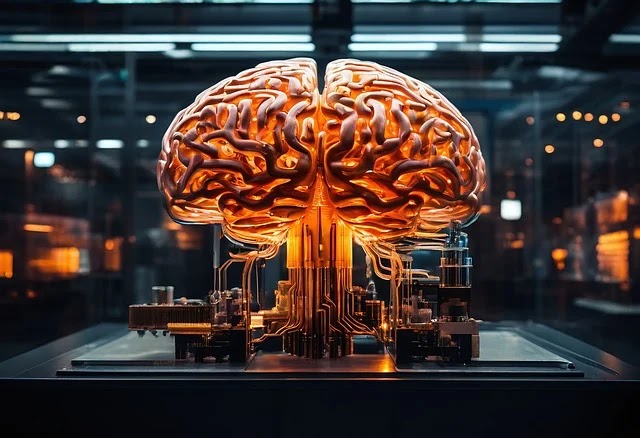The Art of Technology Redefined
1. Introduction to The Art of Technology Redefined
Technology has become an inseparable part of modern life, continuously shaping and reshaping our world in unprecedented ways. Its influence reaches every corner of human activity, from communication to healthcare, education, art, and business. In today's world, the term "technology" encompasses everything from smartphones and smart homes to artificial intelligence and blockchain innovations.
This revolution in technology represents not just incremental improvements but a complete redefinition of how we interact with the world. The process of transforming our lives through technology can be seen as an art form—one that blends creativity, problem-solving, and relentless innovation.
The concept of redefining technology hinges on the rapid and ever-evolving nature of technological advancements. These changes are so significant that they redefine societal structures, alter traditional industries, and shape the way people experience daily life. Whether it's through AI transforming industries, green technology promising sustainable futures, or smart cities becoming the standard for urban living, technology has moved beyond simple tools.
It now serves as a central pillar of modern existence, reshaping society and setting new standards for what is possible. The art of technology redefined is about understanding this shift and navigating its complexities with an eye toward innovation and progress.
2. Historical Evolution of Technology
The history of technology is a testament to human ingenuity. From the days of the Industrial Revolution, where machinery transformed production processes, to the modern digital age, where information is shared instantaneously, technology has continually progressed. Key milestones such as the invention of the steam engine, the advent of electricity, and the birth of the internet have all been pivotal in shaping the world we know today.
Communication has always played a critical role in this evolution. Early forms of communication, like the telegraph, revolutionized long-distance interactions, laying the groundwork for today's smartphones and instant messaging platforms.
As we move forward, each breakthrough in technology has been built on the foundation laid by these earlier innovations, further pushing the boundaries of what is possible.
3. The Role of Artificial Intelligence
Artificial Intelligence (AI) is at the forefront of the technological redefinition. AI has permeated various aspects of life, from personal digital assistants like Siri and Alexa to complex data analysis in healthcare and finance. The allure of AI lies in its potential to automate tasks, process data at incredible speeds, and even "learn" from experience through machine learning algorithms.
However, with great power comes great responsibility. While AI offers vast opportunities for innovation, it also presents significant ethical and practical challenges. Concerns about job displacement, privacy invasion, and the risks of autonomous systems are real.
The challenge lies in balancing the benefits of AI with its potential downsides, ensuring that technology continues to serve humanity without compromising societal values.
Frequently Asked Questions (FAQs)
What is meant by "the art of technology redefined"?
- It refers to the continuous evolution of technology and its profound impact on modern life, altering how we work, communicate, and innovate.
How has artificial intelligence redefined technology?
- AI has introduced automation, data processing, and decision-making capabilities that significantly improve efficiency across industries.
What are some key historical milestones in technology?
- Milestones include the Industrial Revolution, the invention of electricity, the development of the internet, and the rise of AI.
How is technology affecting education today?
- Technology has transformed education through online learning platforms, virtual classrooms, and personalized learning experiences.
What is the future of technology in healthcare?
- The future holds advancements in telemedicine, AI-driven diagnostics, and personalized medicine, improving healthcare accessibility and outcomes.
What are the ethical concerns surrounding modern technology?
- Ethical concerns include data privacy, job automation, and the potential misuse of technologies like AI and surveillance tools.








0 Comments